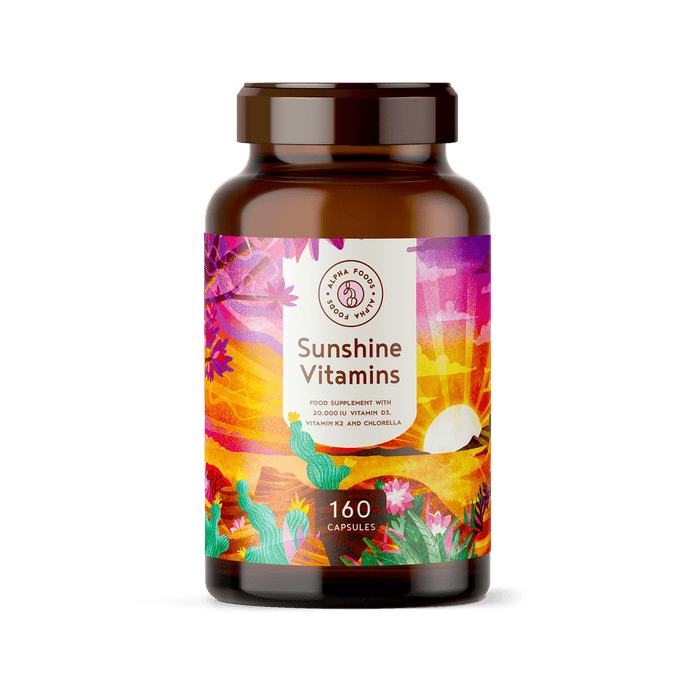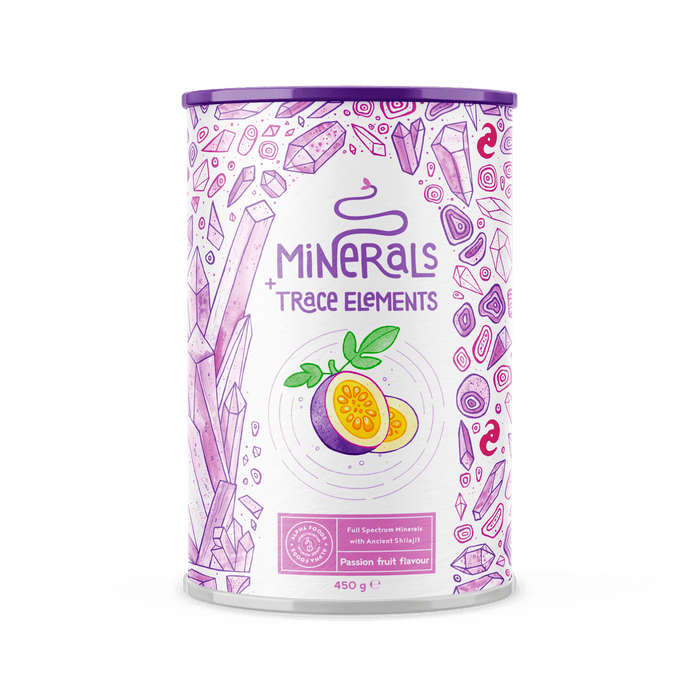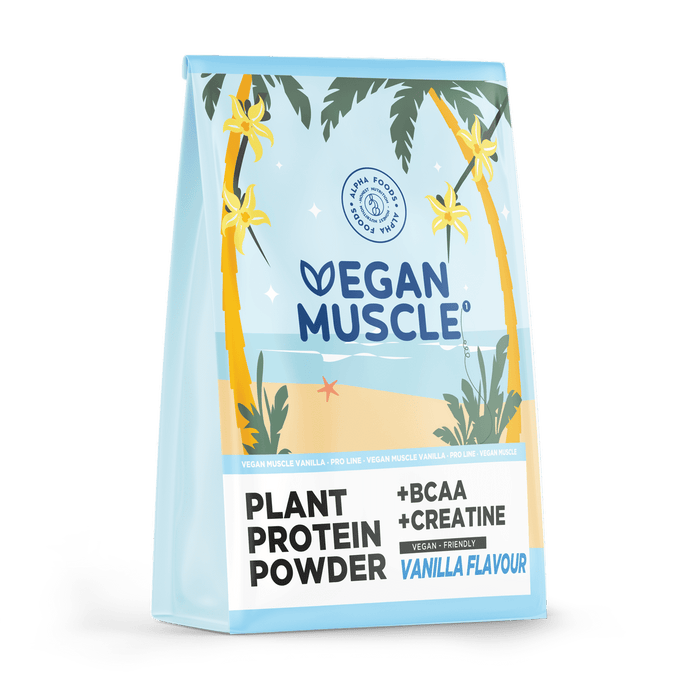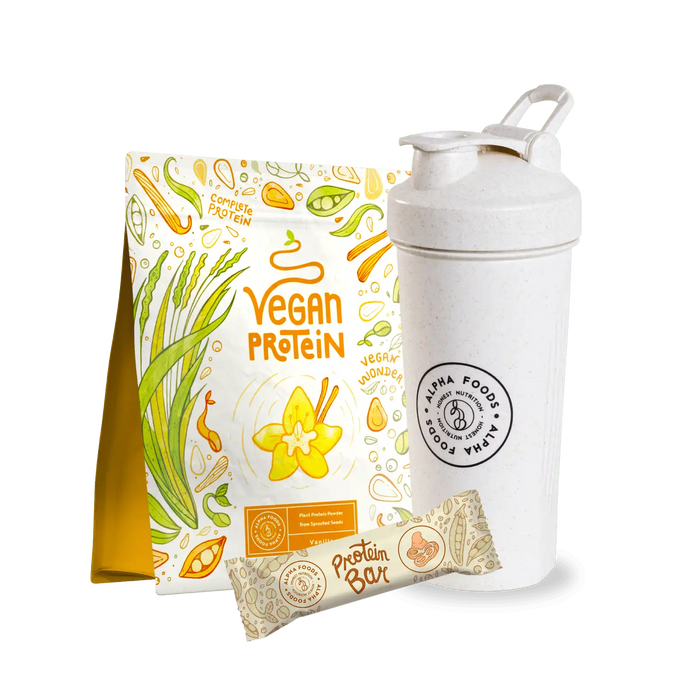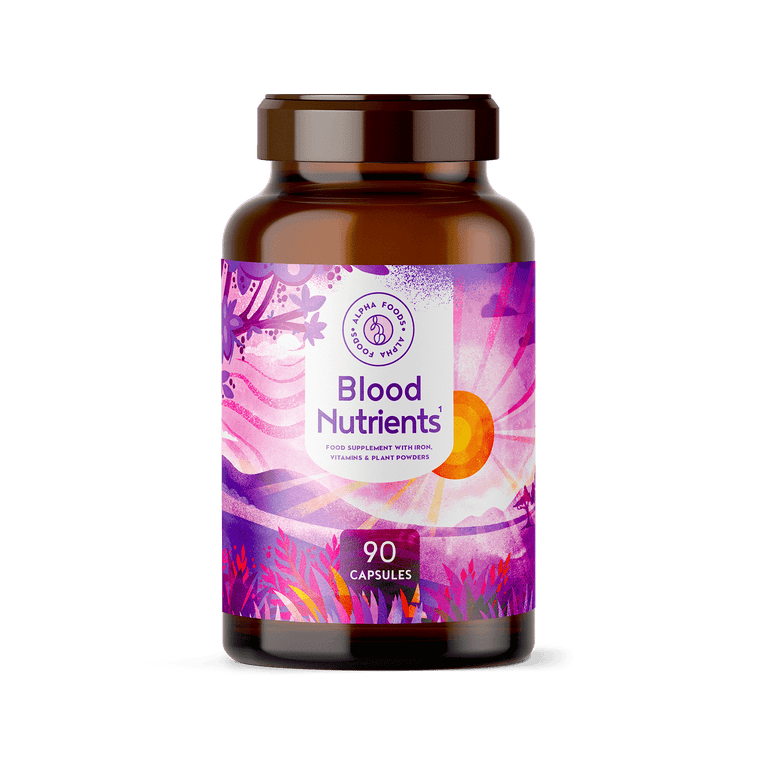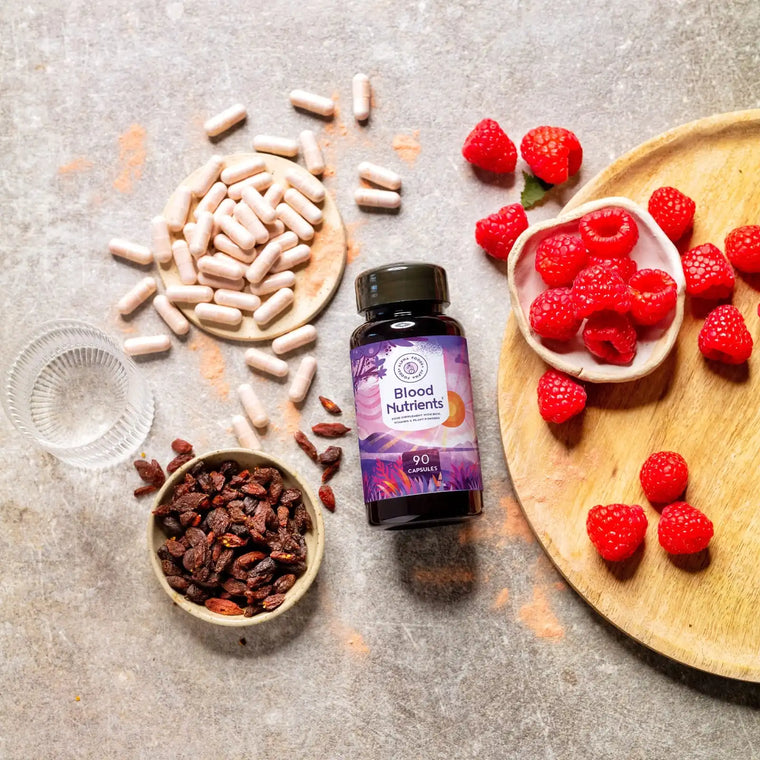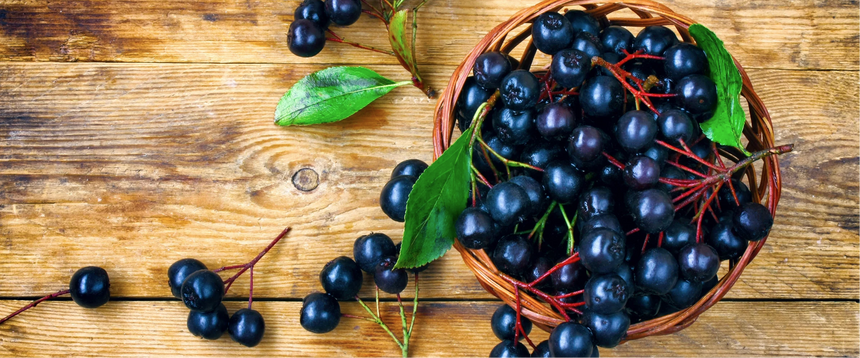was added to your cart.
Superfood Aronia: What is aronia berry good for?
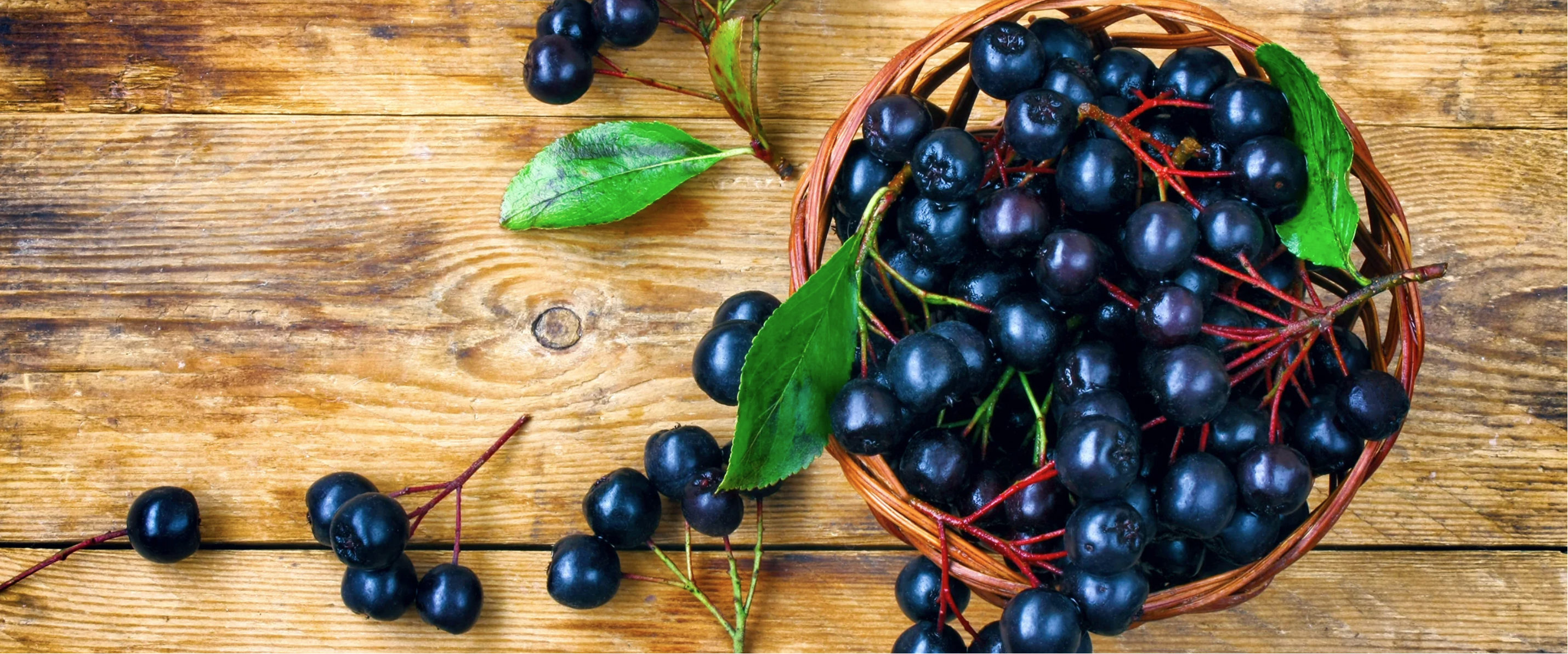
Superfood Aronia: What is aronia berry good for?
The Aronia berry, also known as the black chokeberry, is a superfood found in many dietary supplements. But what exactly is aronia?
Aronia berries are small, blue-black berries highly valued for their health benefits, as they are rich in antioxidants and vitamins. Originally from North America, the aronia has a long history of use by indigenous people as a versatile remedy and energy source. In Central Europe, aronia bushes have been cultivated for a long time and utilized as a medicinal plant.
In this article, you can discover 6 benefits of aronia with references to scientific studies and evidence:
1. High Antioxidant Content
The aronia berry (Latin: aronia melanocarpa) boasts high nutrient density with a low-calorie count. A handful of these superberries already covers 10% of your daily vitamin C needs. Additionally, they contain higher amounts of folic acid, vitamin E, and minerals such as potassium, iron, and manganese. The berry's skin, in particular, is rich in antioxidant bitter compounds (flavonoids) that have the potential to protect our cells from free radicals. Aronia surpasses other fruits with its approximately 3g of polyphenols and 0.3-0.8g of anthocyanins per 100g, outclassing blueberries and cranberries by far. (1) Quercetin and carotene are just a couple of the plant pigments in the dark skin of the berry, which are attributed to numerous health benefits.
2. Traditional Remedy for Colds
Native Americans used aronia berries in preparing their strengthening winter provisions, such as Pemmican—a ration bar made from dried meat, fat, herbs, and dried fruits. Aronia tea from the leaves and berries of the Aronia bush was also a popular remedy for colds. Aronia's impact on the immune system has been of great interest to researchers. Numerous studies have demonstrated the antiviral effects of polyphenolic compounds like anthocyanins, flavonoids, and phenolic acids, countering the growth of bacteria and viruses, including the influenza virus. (2) Furthermore, the chokeberry strengthens the body's defenses, possibly through the release of inflammation-promoting substances like tumor necrosis factor-alpha (TNF-ɑ) and interleukin 6 (IL-6). (3)
It's currently challenging to determine the ideal doses of specific polyphenols through diet alone to achieve the maximum benefits. (4) Hence, concentrated aronia extracts are preferred in herbal medicine for preventing colds and infections. The effects of aronia are particularly beneficial for endurance and strength athletes whose immune systems are frequently challenged, as well as healthcare or kindergarten personnel constantly exposed to viruses and bacteria.
3. Anti-cancerogenous properties
While most studies exploring the relationship between aronia and cancer have been conducted in vitro, intriguing observations suggest potent anticancer effects of phyto-components in aronia. One study found a 60% inhibition of human colon cancer cell growth after 24 hours of exposure to aronia anthocyanin extract. Aronia melanocarpa exhibited the strongest impact on cancer growth compared to similar anthocyanin extracts from grapes and blueberries. (5) Additional research results regarding the inhibitory effects on various types of cancer have been observed with aronia leaf extract and juice. It is speculated that anthocyanins reduce oxidative stress associated with tumor growth. (6)

4. Strengthening Cardiovascular Health
The antioxidative properties of aronia berries also positively affect hypertension, a leading cause of cardiovascular diseases. Regular consumption of aronia juice led to a reduction in total cholesterol, LDL cholesterol, and triglycerides in men with mild hypercholesterolemia, along with a significant decrease in systolic and diastolic blood pressure. The high levels of polyphenols in aronia appear to reduce vascular oxidative stress and associated cell damage, positively impacting blood pressure and cardiovascular health. (8) It is also believed that aronia's phenolic components contribute not only to protection but also to the restoration of endothelial cells. (9) The strengthening effect of antioxidants on cardiovascular health is now undisputed, leading to the recommendation of daily intake of foods rich in antioxidants. (10) Since aronia exhibits an above-average level of antioxidants compared to other fruits, the consumption of small amounts, for example, as an extract, could also be advantageous in this regard.
5. Support for Metabolism and Detoxification
The potent antioxidant properties of aronia seem to have positive effects on digestive and detoxifying organs. Aronia polyphenols have demonstrated the ability to bind heavy metals like cadmium, inhibit their absorption by the liver, kidneys, and bone tissue, and support their elimination. It is suggested that these anti-inflammatory properties of aronia counteract oxidative cell damage in detoxification organs. (11) Another study showed that Aronia anthocyanins significantly increased the diversity of "healthy" gut bacteria such as Bifidobacterium while inhibiting the growth of less beneficial bacteria. (12) Therefore, Aronia seems to have a positive regulatory effect on the gut flora.
6. Support for Weight Loss and Blood Sugar Regulation
Numerous scientific studies have investigated the effects of aronia on diabetes. Aronia contributes to stabilizing blood sugar levels, making it helpful in managing metabolic problems associated with diabetes. Some research results have indicated that polyphenol-rich aronia berry extract reduces the rise in blood sugar levels and protects the pancreas's β-cells. (13) In obese mice, aronia extract led to a significant decrease in body weight, improved blood lipid levels, and insulin sensitivity. (14)
Due to its high content of antioxidant substances, aronia is often referred to as an adaptogen—a biologically active plant compound that helps the body regulate stress. Stress can come in various forms, including physical or emotional strain and environmental factors like cold, heat, or pollutants, which can promote oxidative processes in the body. A healthy, balanced diet rich in antioxidants is beneficial to support the body. This article has only highlighted a small portion of study results that make aronia berry supplementation particularly intriguing. There is no indication that aronia could be unhealthy even at high doses. (15)
Stefanie Schulz










